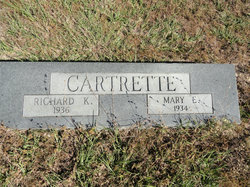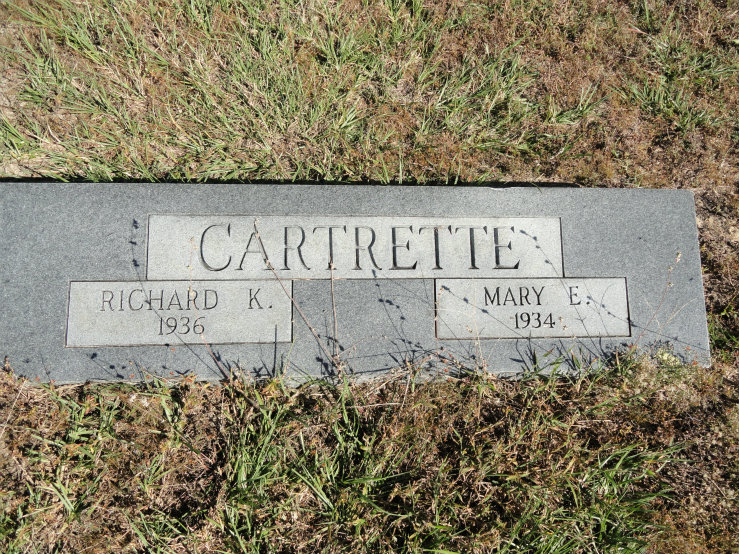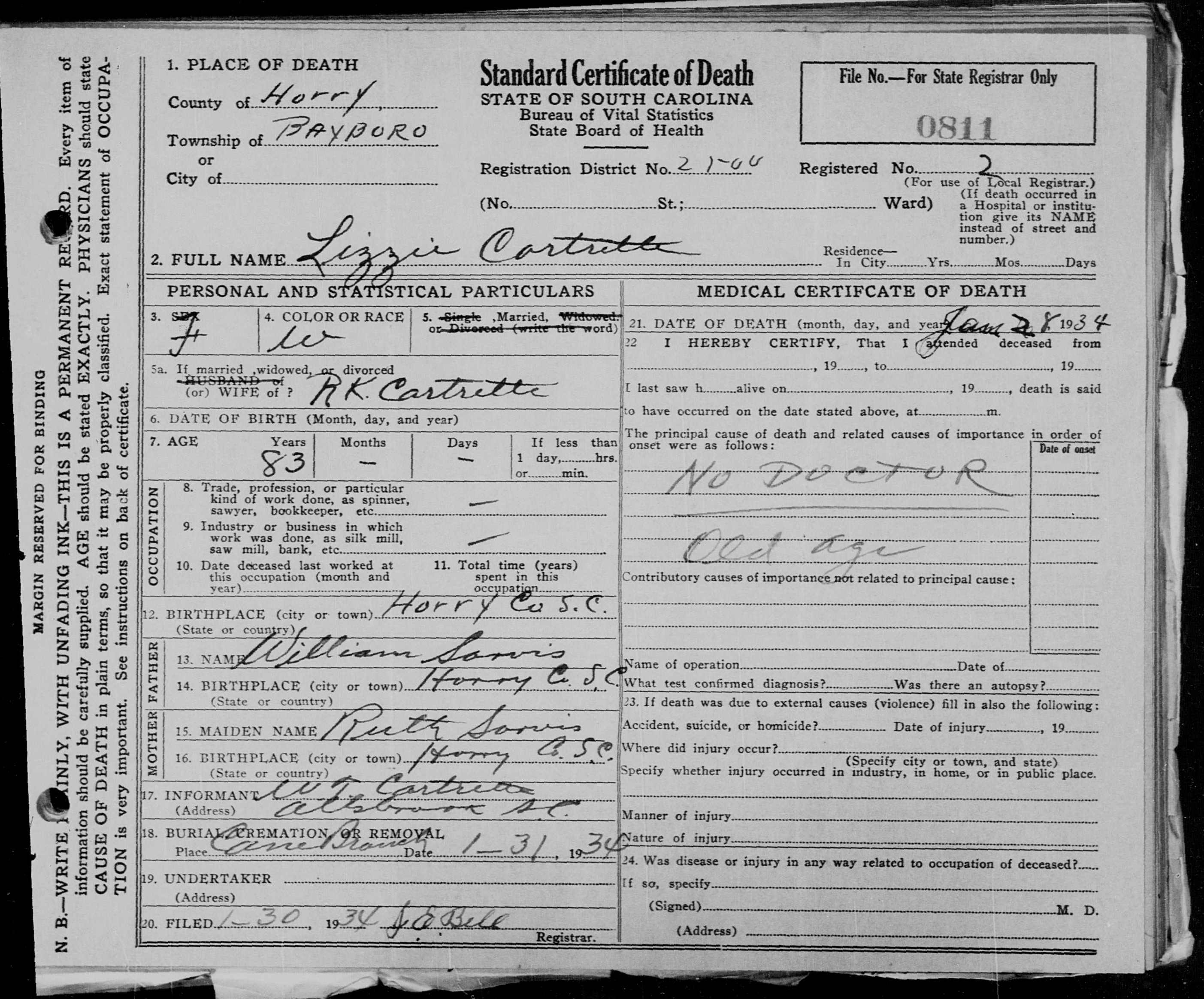An important point about American Indian (Native American) DNA ancestry should be made. Anthropologist Mary Helms created the term “colonial Indian tribes” in the 1960s to refer to societies which originated as recognizable entities only as a direct result of colonial policies. Colonial tribes are often a racially mixed people that over time became identified more with their Indian ancestry rather than their African or white ancestry. These groups are culturally Indian while ultimately having little, if any, Indian DNA. Colonial tribes include groups as diverse as the Miskito Indians of eastern Nicaragua, various Amazon tribes in Brazil, the Lumbee Indians of North Carolina, the Black Seminoles of Oklahoma, Mexico, and the Bahamas, and many others. The term colonial tribe attempts to get at the idea that someone can be culturally something (American Indian, for example) without being biologically something. So, it should not be surprising that someone with, for example, a Lumbee Indian ancestor would not necessarily test as having significant American Indian DNA.
I hope someone will add a photo of Lizzie. Thanks so much to Kay Evans and to "Anonymous" for much of this information. Any errors, however, are mine alone. Please go to the "edit" link on this site with any corrections or additions. If a closer relative than I would like to take over management of this site, please let me know.
An important point about American Indian (Native American) DNA ancestry should be made. Anthropologist Mary Helms created the term “colonial Indian tribes” in the 1960s to refer to societies which originated as recognizable entities only as a direct result of colonial policies. Colonial tribes are often a racially mixed people that over time became identified more with their Indian ancestry rather than their African or white ancestry. These groups are culturally Indian while ultimately having little, if any, Indian DNA. Colonial tribes include groups as diverse as the Miskito Indians of eastern Nicaragua, various Amazon tribes in Brazil, the Lumbee Indians of North Carolina, the Black Seminoles of Oklahoma, Mexico, and the Bahamas, and many others. The term colonial tribe attempts to get at the idea that someone can be culturally something (American Indian, for example) without being biologically something. So, it should not be surprising that someone with, for example, a Lumbee Indian ancestor would not necessarily test as having significant American Indian DNA.
I hope someone will add a photo of Lizzie. Thanks so much to Kay Evans and to "Anonymous" for much of this information. Any errors, however, are mine alone. Please go to the "edit" link on this site with any corrections or additions. If a closer relative than I would like to take over management of this site, please let me know.
Family Members
-
![]()
PVT Thomas Lester "Tommy" Sarvis
1847–1931
-
![]()
PVT William Scarborough Sarvis
1848–1862
-
![]()
George Marsden Sarvis
1850–1871
-
![]()
Edward Charles "Ned" Sarvis
1851–1927
-
![]()
Helan Sarvis King
1852–1918
-
![]()
Sharlotte Ada Sarvis Neely
1853 – unknown
-
![]()
Eahmon A. Sarvis
1858–1871
-
![]()
Bowden Sarvis
1859–1871
-
![]()
Dock J Sarvis
1861–1931
-
![]()
James Scarborough Sarvis
1862–1919
Sponsored by Ancestry
Advertisement
Explore more
Sponsored by Ancestry
Advertisement




















